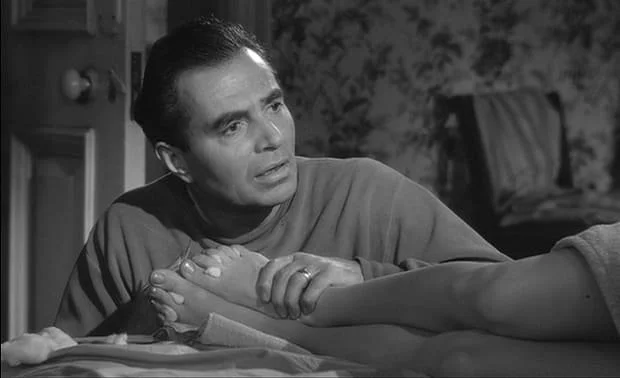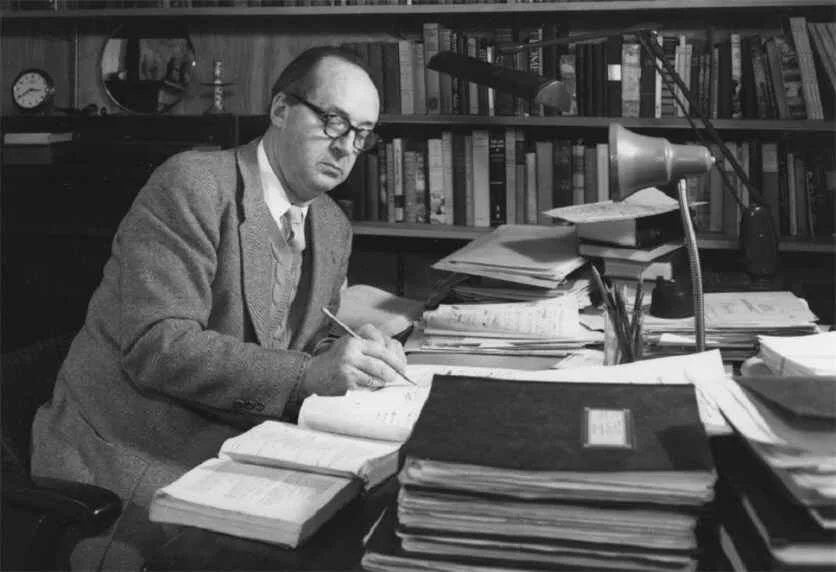Lolita: A Case Study
For Itchy Silk
Vladimir Nabokov’s novel “Lolita” lives forever as one of the most controversial books in history. It was published in France in 1955 (thank god we will always have Paris), after being refused by British publishing houses for several years.
It received mixed reviews, in the line of “best book of the decade” to “the filthiest book of the century”.
Even Nabokov himself first used a pseudonym in fear of public rejection. The book has been considered as an erotic novel, a heresy and a scandalous piece of literature. A novel about a crime which is a crime to write. Finally, we all came to know it as a masterpiece.
“That ‘offensive’ is frequently but synonym for ‘unusual.”
Most importantly, Lolita is characterized by irony and sarcasm. It is not an erotic novel, and frankly, the only crime there is - is not reading it.
“You can always count on a murderer for a fancy prose style.”
I first read Lolita when I was just a couple of years older than Lo herself. It was recommended to me by my former literature professor, who I’m sure dreamed of me as his very own Lolita. And I in return, fantasized of him as my very own Humbert Humbert, the novel’s protagonist and capricious narrator.
“Imagine me; I shall not exist if you do not imagine me.”
For who’s not familiar with the plotline; Humbert Humbert (a middle-aged literature professor) is obsessed with a 12-year-old girl, Dolores Haze (nicknamed Lolita), with whom he becomes sexually involved.
“Ladies and gentlemen of the jury, I was not even her first lover.”
The first time I read Lolita, I thought it was the funniest book I’d ever stumbled upon. The second time around, I thought it was the saddest one.
It’s hard to have an opinion on it when we’ve been so influenced by its reputation.
Is it repellent? Is it pornographic? Is it immoral? And why so?
“You have to be an artist and a madman…”
We also should take into consideration the public Nabokov was aiming to please. This is obviously not a book for the simple-minded, but rather the private libertine, or simply the reader who knows how to read.
There have been other Lolitas before, see Dante’s Beatrice and Petrarch’s Laura, for example. The term “Lolita” is even used today to refer to a sexually precocious young girl.
It is ‘immoral’ indeed because after all, it is just a story about paedophilia. But what made the book even more immoral is the humanization of this paedophile that is pictured as sympathetic. The perfect anti-hero. It is, in fact, the young girl, Lolita, who seems to be the incarnation of all things evil. She’s the one who seduces and manipulates our professor.
Humbert Humbert is, by all means, just a man in love. This love, so delirious and forbidden that deprives him of the very thing that defines him, moral conduct.
“If a violin string could ache, I would be that string.”
But what is moral after all? Psychologists have provided us with a definition for almost every behaviour, but the complexity of the human brain, its desires and the relationships that come along with it, are a riddle no one can solve. And perhaps, it’s better that way.
“I discovered there was an endless source of robust enjoyment in trifling with psychiatrists.”
But the brilliance of Nabokov’s writing doesn’t only come to its controversial subject and Shakespearean word-play.
Let’s take Professor Humbert into consideration:
He’s an unreliable narrator. He lies, constantly, because his ultimate goal is to make himself look good to the reader. This is also why some people are sympathetic and others can’t stand him.
Humbert is a classic case of a narcissistic personality. He thinks every woman in the story is in love with him and he often interrupts himself halfway through talking about an event to say something deliberately brilliant. As if stopping mid description to look at your own prose and say ‘good job’.
Nabokov notoriously hated Freud psychology (which was the standard at the time) and this is why Humbert trying to explain his paedophilia with traumas from his childhood. Also, the preface is by a psychologist, claiming that the book will be of psychological reference for the years to come (basically Nabokov making fun of psychologists).
Nabokov generally loves challenging and poking fun at its readers. A method he used for other books, which makes his prose very much alive and personal.
Nabokov has synesthesia, and when you read his work knowing so, it explains a lot of his imagery.
The horror after reading makes us cringe because it’s wrong and disgusting, but oh, so delicious. We’re still perplexed on what the novel is really about. Some people think it’s a love story between a young teen and an older man because they truly believe what the author, Humbert, says. But maybe he’s just into teenagers and trying to justify himself. We’ll never know.
If it was to be a love story, then it would have been the most excruciating one.
What if you meet a psychopath and pathological liar who tells you the most beautiful story and sells it as its own? Would you believe him? Would you get restless in your bedroom trying to figure out the truth? You might as well just enjoy the story for what it is, a story.
Oh, but it’s more complicated than that, isn’t it?
I myself thought it was romantic when I first read it. Especially as I was fascinated with older men, combined with the fact that I never really got over my Electra complex.
Now I read it and it makes my stomach churn. But I think that’s part of why I love it. I can see part of the minds of older men who wanted to be with me and their pathetically poetic excuses.
Why did that old literature professor of mine gift me with this book? Well, it’s pretty clear why. Did he do it with other Lolitas? And did they fall for him in return?
Students sometimes nurse crushes on their teachers, and teachers sometimes lust after their pupils. Nothing new. I’m literally a walking cliché.
I just wonder how would it be, if what we had would have been something more than platonic?
I can perfectly see it…
One night post-coital, professor and I eating roasted nuts and drinking red wine naked in his bed. He suggests watching Woody Allen’s Manhattan. The movie’s over and professor falls asleep. As I look at him I think I’ve never seen anything uglier. I lock myself in the bathroom, check the dramatic effect of my crocodile tears in the mirror, and write down in my journal: “I’m a time-wasting toy, the fun tonic for revitalizing the satiated, irresponsible prof. Even the fact that the professor showed me this film was a game. It’s just a game.”
Nabokov’s simply playing with our consciousness, with the greedy yearning of a spoiled child.
It’s just a game.




